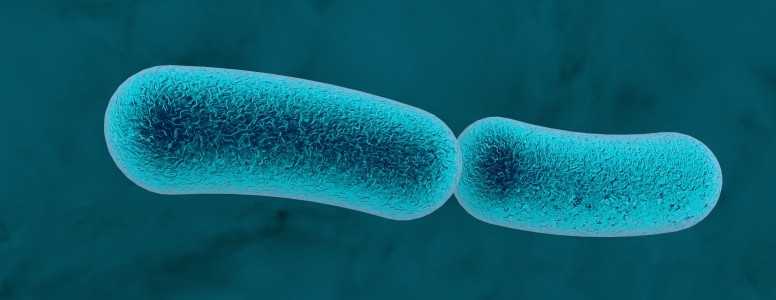A study has revealed how important the role of gut bacteria may be in averting the development of type 1 diabetes.
Harvard Medical School (HMS) scientists report that gut bacteria are significant catalysts of autoimmunity and beta cell function, which can precipitate type 1 diabetes. They also state that their findings could open up treatment avenues to maintain a balance of gut bacteria.
The researchers bred mice to develop diabetes but also carry a protective gene variant which has previously been shown to prevent type 1 diabetes. The mice were then treated with antibiotics for the first six weeks of life.
The mice developed inflammation of the pancreas, a known precursor to type 1 diabetes, despite having the protective gene, when they were given antibiotics after birth or when raised in a sterile environment.
The authors believe that administering antibiotics led to disruption in the balance of the gut microbiota, which was responsible for the loss of diabetes protection. A sterile environment may also lead to a lack of certain gut bacteria and therefore an imbalanced gut microbiota.
“We believe that our results not only offer a clue into a longstanding mystery but also raise the possibility that substances or environmental influences that alter the intestinal balance can modulate the effects of a powerfully protective gene and shape disease risk,” said lead author Diane Mathis, professor in the Department of Microbiology and Immunobiology at HMS.
A separate curious discovery was that mice who received a protective gene from the father developed diabetes, but the mice that inherited the gene from their mother were resistant. The researchers attributed this observation to the critical protective role of exposing a newborn to the mother’s microbiota, which is passed on during birth.
Mathis and colleagues cautioned that mice and humans have significant physiological differences, and further research is necessary to make clear how the gut impacts immune function. But they insist their findings indicate an important window in the development of the gut microbiome when the intestines become populated with varying strands of bacteria.
“Our findings need to be borne out in further experiments,” added Mathis. “However, our results powerfully illustrate the notion that early antibiotic exposure can modulate disease risk and that avoiding or at least minimizing antibiotic treatment in infants and pregnant women during critical periods of development may be a good idea.”
The findings appear online in the Proceedings of the National Academy of Sciences.
What's new on the forum? ⭐️
Get our free newsletters
Stay up to date with the latest news, research and breakthroughs.





